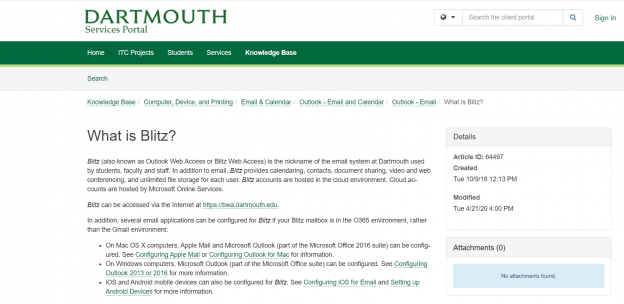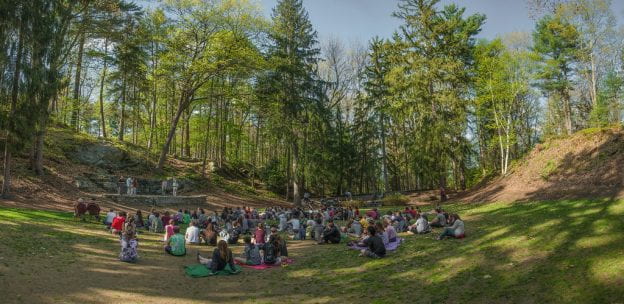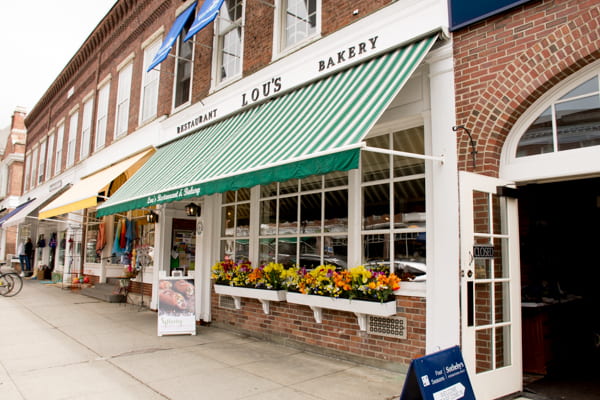Title: Bequest
General Information:
Customary Lore: Tradition
Verbal Lore: Slang
Language: English
Country of Origin: United States
Informant: JV ’22
Date Collected: 11/03/21
Location Collected: Topliff Tennis Courts at Dartmouth
Informant Data:
JV ’22 is a 22-year-old male from Newton, Massachusetts. He is a member of the Dartmouth Class of 2022, and he is majoring in Computer Science. Outside of the classroom, JV ’22 is involved with the Club Tennis team, DREAM, and Alpha Chi Alpha. He plans to work in the technology industry as a software engineer upon graduation.
Contextual Data:
- Social Context: JV ’22 and I were playing tennis at the Topliff Tennis Courts when he shared this piece of folklore with me. The piece of folklore is a tradition, and he first learned of the tradition and the slang term used to describe it during the spring term of his freshman year at Dartmouth. Specifically, he learned about this piece of folklore in the context of one of the clubs he is involved with, the club tennis team. Here, the graduating senior members of the club tennis team handed down different physical items to the other members of the team before graduating. These items, and the tradition of seniors handing down meaningful items, is referred to as ‘bequests’. JV ’22 and all of the members of the club tennis team were present when the folklore was performed. Here, the seniors at the time were performing the tradition of handing down items, and everyone else in the club was happy and positively impacted by the folklore performance, as they received meaningful things from students that were their friends and graduating. This folklore is normally performed within different clubs and organizations, especially clubs and organizations that are smaller, more exclusive, and more tight-knit. The tradition is always when seniors will hand down items to other members of the organization. These items typically have some meaning behind them.
- Cultural Context: Here, the relevant cultural context is that the informant is a student at Dartmouth College who is involved with smaller, exclusive, tight-knit clubs and organizations. First, this customary folklore is known to all Dartmouth students and performed by many graduating seniors. More importantly, however, it is performed by students who are graduating and are involved with clubs and organizations that are small, exclusive, and tight-knit. This is likely because the items handed down during these traditions are meaningful, and, as a result, seniors will give them to other students that they have spent a lot of time with. Furthermore, many of these items that are handed down stay within a club or organization. Bequest have a positive connotation, because they are meaningful things that are handed down by seniors to other students. They typically have a positive impact on one’s Dartmouth experience.
Item:
Bequest: A customary lore in which seniors, typically within a club or organization, will hand down different items to other non-graduating students, typically within the same club or organization as the seniors. It is also used as verbal lore to refer to the tradition, as well as the items that are handed down during the tradition. For example, used in a sentence: “I was bequested this shirt from a ’20 in my fraternity.”
Associated File:
“Bequests, I think, are a really cool tradition at Dartmouth. I remember freshman year on the club tennis team when one of the seniors bequested me an old wooden racquet that had been passed down through the club for almost a decade. It was very meaningful because I was very close with this senior. That was when I first learned about bequests, and the entire club tennis team had met at one of the senior’s apartment for the seniors to do bequests. Everyone at Dartmouth should know this word, but the actual tradition itself is performed pretty much exclusively within clubs. I think bequest is an actual word, but here at Dartmouth we just use it to describe this specific tradition.”
Informant’s Comments:
Bequests are really meaningful to both the senior handing it down and the person who receives it. When I graduate this year, I’m excited to pass down a lot of the bequests that I got from seniors, as well as a lot of my own belongings that I plan to hand down.
Collector’s Comments:
The term bequest means the act of bequeathing something, typically in one’s will. At Dartmouth, it specifically refers to a meaningful tradition that is performed within clubs. As mentioned, it is both customary lore and verbal lore. It is customary in that it is a tradition that many students participate in within the context of a club. It is verbal in that it is a slang term that every student at Dartmouth knows and uses.
Collector’s Name: Nathan Zhang
Tags / Keywords: FA21, FA21-Grp-03, Dartmouth, Customary Lore, Tradition, Verbal Lore, Slang, Students, Dartmouth Clubs






